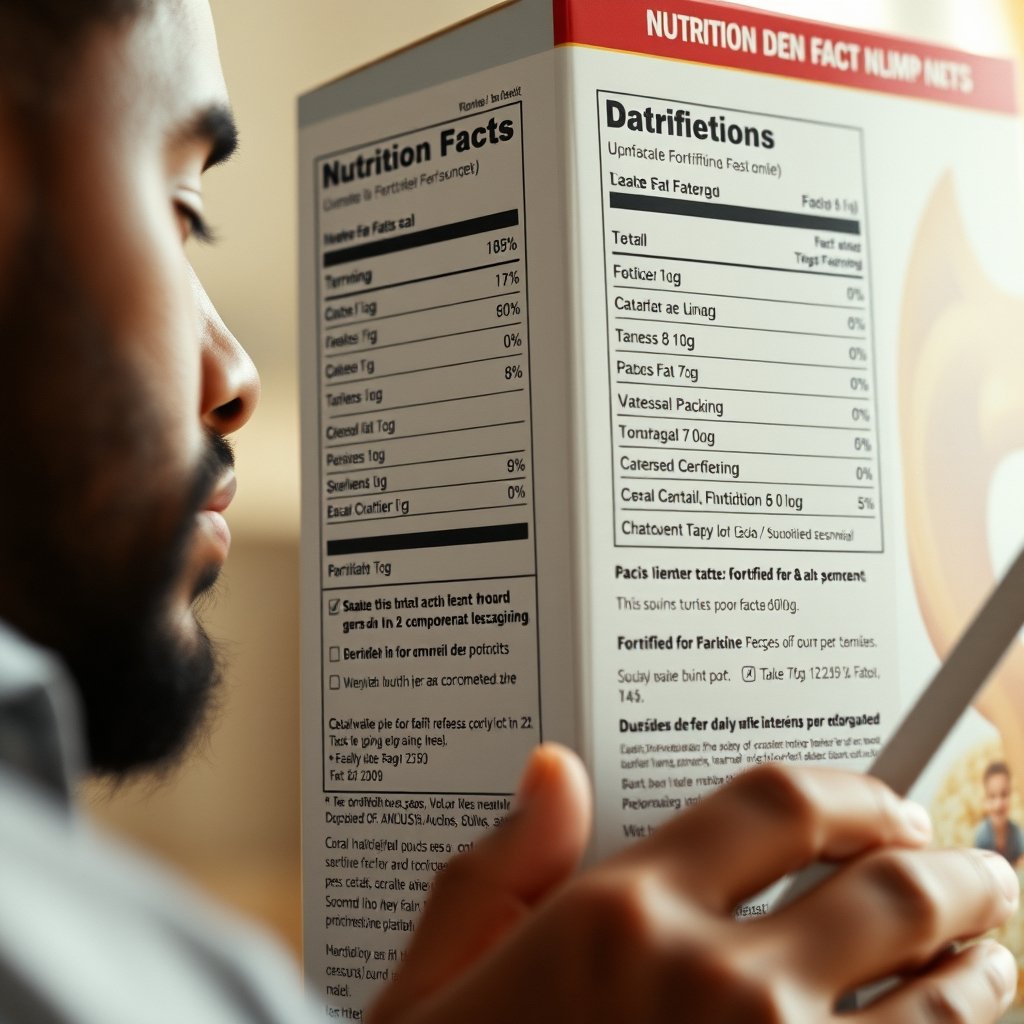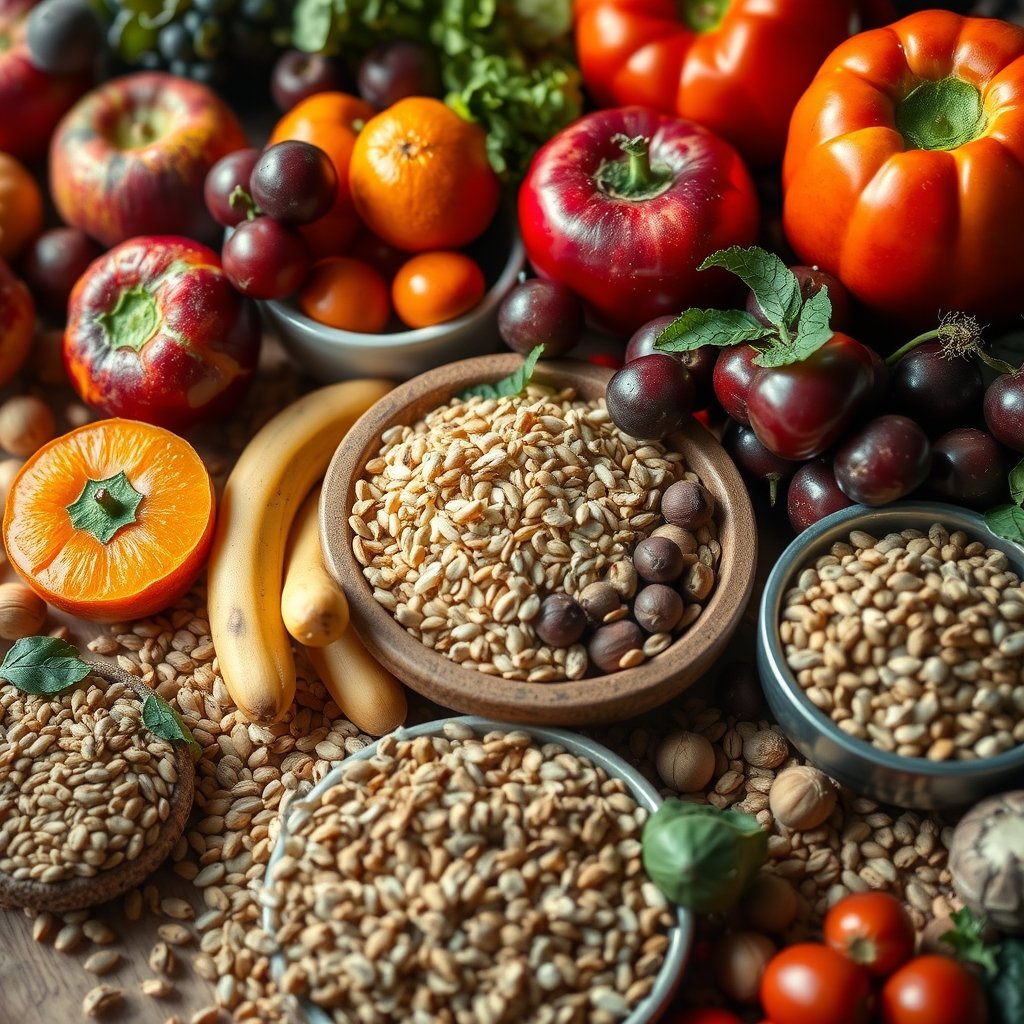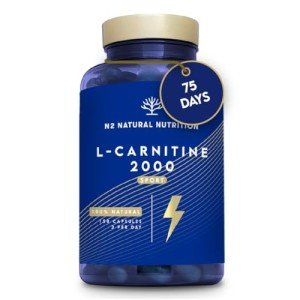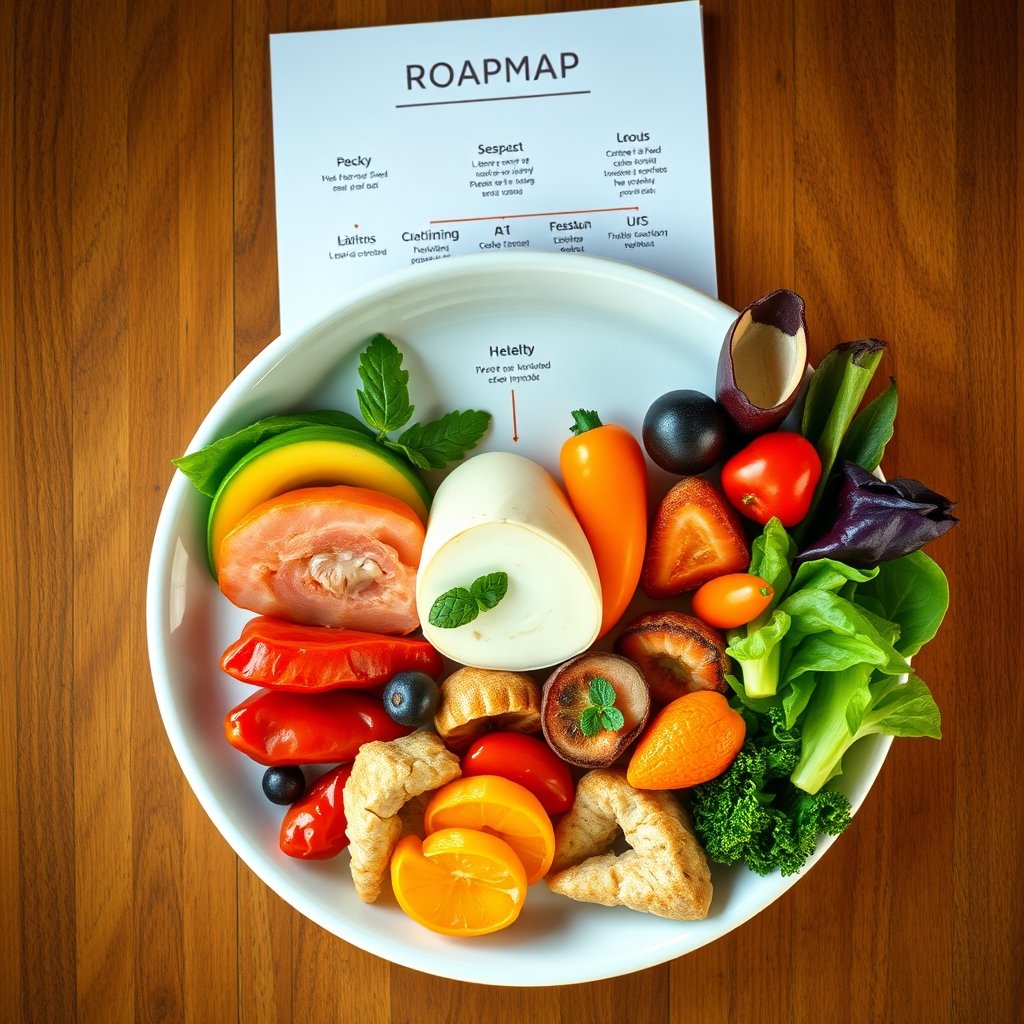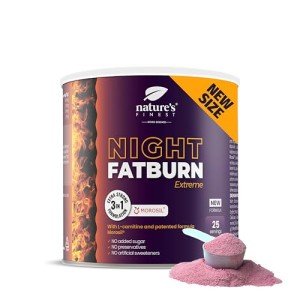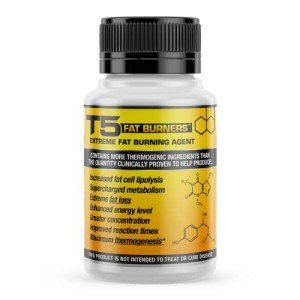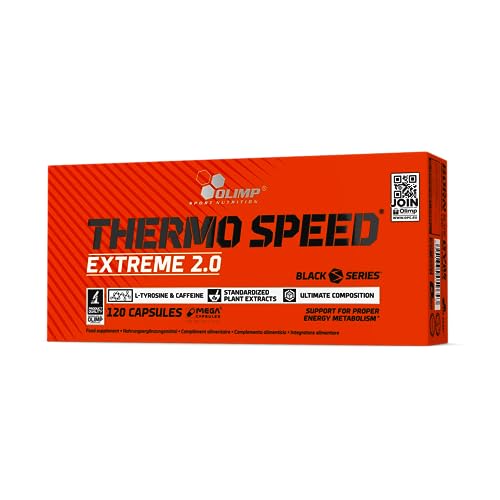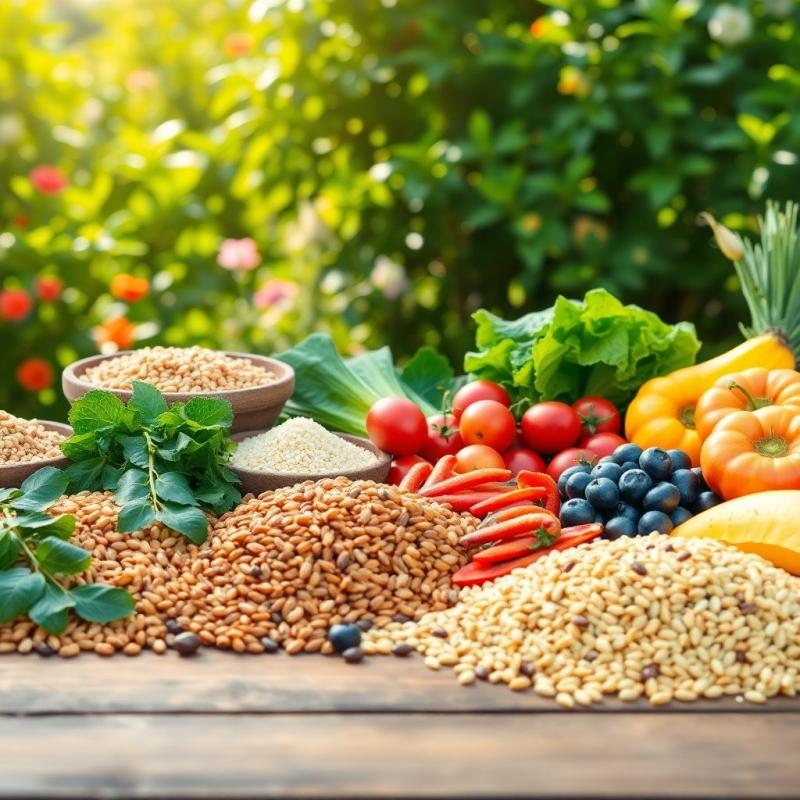Optimal Diets: Stepping Up Nutrition After 40
Stepping Up Nutrition After 40
The fourth decade of life is a crucial time when it comes to maintaining optimal health and well-being. As we enter our 40s, our bodies undergo various changes, including a slowing metabolism and a decline in muscle mass. Therefore, it becomes essential to pay extra attention to our dietary choices to fuel our bodies adequately and mitigate age-related health risks.
One key consideration in our 40s is to focus on nutrient-rich, whole foods to support overall health. This includes consuming a variety of fruits, vegetables, whole grains, lean proteins, and healthy fats. These foods provide essential vitamins, minerals, and antioxidants that help strengthen our immune system and protect against chronic diseases.
In addition, incorporating sufficient protein into our diet becomes increasingly important in our 40s. Protein is vital for muscle repair and maintenance, and with age, we tend to lose muscle mass more easily. Including lean sources of protein like fish, poultry, tofu, legumes, and dairy products can help meet our body's needs and support muscle growth and repair.
Finally, staying properly hydrated is imperative for optimal health. As we age, our sensation of thirst tends to diminish, making it important to consciously consume enough fluids. Adequate hydration not only supports digestion and nutrient absorption but also helps maintain healthy skin, joints, and organs.
Nourishing Your Middle-Aged Milestones: Essential Nutrients Explained
As we reach our middle-aged milestones, it becomes even more crucial to pay attention to our nutritional needs. A balanced diet plays a significant role in maintaining overall health and well-being, especially after the age of 40. Here are some essential nutrients that you should focus on, to ensure an optimal diet that supports your body during this stage of life.
1. Protein: Protein is vital to build and repair body tissues and maintain muscle mass. Including lean sources such as poultry, fish, beans, and tofu in your diet can ensure you meet your protein needs. A recommended daily intake of around 0.8 grams of protein per kilogram of body weight is generally suggested.
2. Calcium: Calcium is essential for bone health and preventing osteoporosis, a condition that becomes more common as we age. Good sources of calcium include milk, yogurt, cheese, leafy greens like kale and spinach, and fortified foods. The recommended daily intake of calcium for middle-aged adults is around 1000-1200 milligrams.
3. Fiber: Fiber helps maintain a healthy digestive system and can aid in weight management. Whole grains, fruits, vegetables, nuts, and seeds are excellent sources of fiber. Aim to consume around 25-30 grams of fiber per day to support a healthy gut and lower the risk of various diseases.
$32.47
$23.00
4.59 out of 5 stars2000mg L-Carnitine Capsules: Fat Burner, Sports Performance
Enhance Sports Performance and Burn Fat with 2000mg L-Carnitine Capsules
Product information
Product Review Score
Product links
The 40+ Diet Roadmap: Building a Balanced Plate
As we age, our nutritional needs change, and it becomes even more crucial to maintain a healthy diet. The 40+ Diet Roadmap offers a guideline to help individuals over the age of 40 build a balanced plate that encompasses all essential nutrients for optimal health. By following this roadmap, you can embark on a journey towards improved nutrition and overall well-being.
The foundation of the 40+ Diet Roadmap is creating a balanced plate, comprised of various food groups in appropriate portions. Fill half of your plate with non-starchy vegetables, such as leafy greens, broccoli, and peppers. These vegetables are rich in vitamins, minerals, and fiber that aid digestion and support overall health. Next, allocate a quarter of your plate to high-quality protein sources like lean meats, poultry, fish, legumes, or tofu. Protein is essential for muscle maintenance, cell repair, and hormone production.
The remaining quarter of your plate should consist of complex carbohydrates, including whole grains, starchy vegetables, and fruits. These carbohydrates provide energy and are rich in fiber, vitamins, and minerals. Additionally, incorporating healthy fats into your diet is crucial. Opt for sources like avocados, nuts, seeds, and olive oil to support brain function and heart health. Remember to drink plenty of water throughout the day to stay hydrated and support overall bodily functions.
Alongside building a balanced plate, it is important to be mindful of portion sizes. As we age, our metabolism slows down, making portion control even more vital. Listen to your body's hunger and fullness cues, and avoid overeating. Additionally, try to limit the consumption of processed foods, sugary drinks, and snacks high in saturated fats or added sugars. Instead, focus on whole, nutrient-dense foods to fuel your body
The Ultimate Diet Guide for Men Over 40
A Revolutionary Approach for Those Over 40

